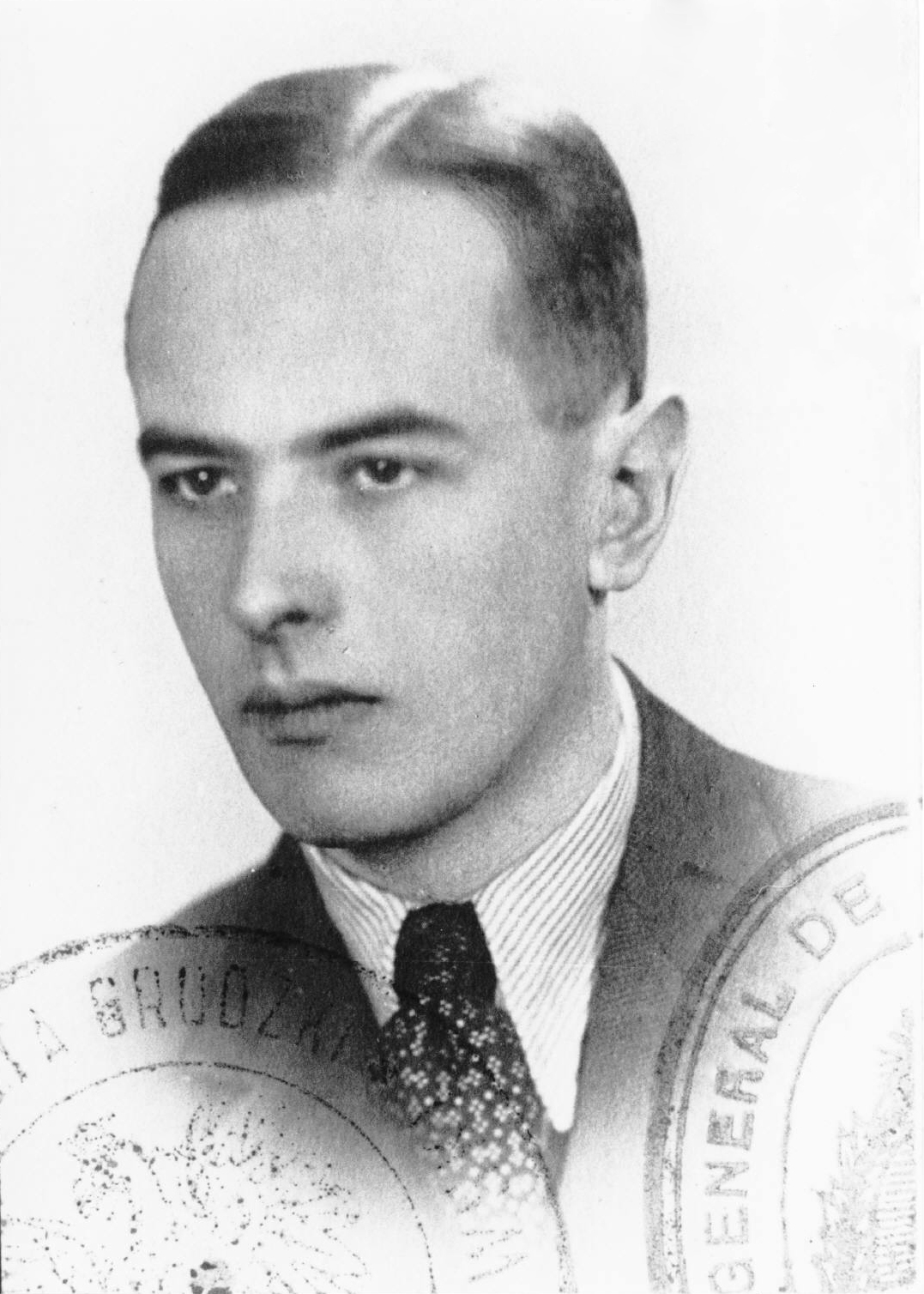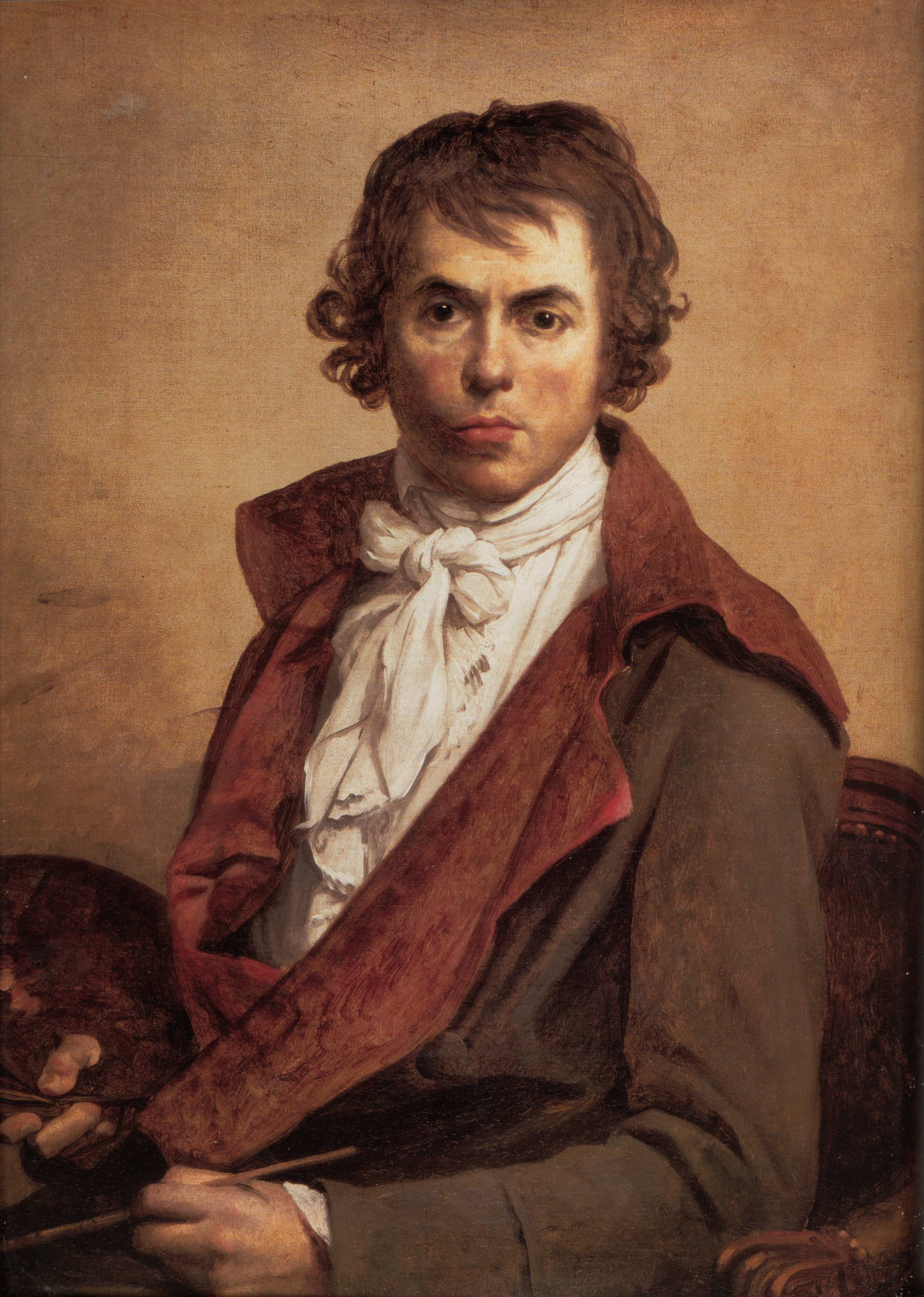|
Czesław Wołłejko
Czesław Wołłejko (17 March 1916 – 7 February 1987) was a Polish film, theatre, television and radio actor, as well as a director. He appeared in more than twenty films. Best known for his role as Baron Krzeszowski in the series The Doll based on the book by Bolesław Prus. Early years of life He was born in Vilnius and was growing up in an artistic family – his father Ignacy was a dancer. There are doubts about his date of birth: most available online sources give the date of March 17, 1916, and the actor himself also gave it in questionnaires and biographies. However, his tombstone has engraved the date of birth as March 17, 1920. Theatre and film The actor's theatre debut took place in the autumn 1939 in Grodno in the comedy ''Panna Maliczewska'' by Gabriela Zapolska at the local State Polish Theatre. With this performance, Wołłejko charmed the audience and began his theatre career. The Polish Theatre was soon moved by the authorities to the city Białystok, wh ... [...More Info...] [...Related Items...] OR: [Wikipedia] [Google] [Baidu] |
Vilnius
Vilnius ( , ) is the capital of and List of cities in Lithuania#Cities, largest city in Lithuania and the List of cities in the Baltic states by population, most-populous city in the Baltic states. The city's estimated January 2025 population was 607,667, and the Vilnius urban area (which extends beyond the city limits) has an estimated population of 747,864. Vilnius is notable for the architecture of its Vilnius Old Town, Old Town, considered one of Europe's largest and best-preserved old towns. The city was declared a World Heritage Site, UNESCO World Heritage Site in 1994. The architectural style known as Vilnian Baroque is named after the city, which is farthest to the east among Baroque architecture, Baroque cities and the largest such city north of the Alps. The city was noted for its #Demographics, multicultural population during the Polish–Lithuanian Commonwealth, with contemporary sources comparing it to Babylon. Before World War II and The Holocaust in Lithuania, th ... [...More Info...] [...Related Items...] OR: [Wikipedia] [Google] [Baidu] |
Witold Gombrowicz
Witold Marian Gombrowicz (August 4, 1904 – July 24, 1969) was a Polish writer and playwright. His works are characterised by deep psychological analysis, a certain sense of paradox and absurd, anti-nationalism, anti-nationalist flavor. In 1937, he published his first novel, ''Ferdydurke'', which presented many of his usual themes: problems of immaturity and youth, creation of Identity (philosophy), identity in interactions with others, and an ironic, critical examination of class roles in Polish society and Polish culture, culture. He gained fame only during the last years of his life, but is now considered one of the foremost figures of Polish literature. His diaries were published in 1969 and are, according to the ''Paris Review'', "widely considered his masterpiece", while ''Cosmos (Gombrowicz novel), Cosmos'' is considered, according to ''The New Yorker'', "his most accomplished novel". He was nominated for the Nobel Prize in Literature four times, from 1966 to 1969. Biogra ... [...More Info...] [...Related Items...] OR: [Wikipedia] [Google] [Baidu] |
Danton (1983 Film)
''Danton'' () is a 1983 French-language film depicting the last weeks of Georges Danton, one of the leaders of the French Revolution. It is an adaptation of the 1929 play '' The Danton Case'' by Stanisława Przybyszewska. The film stars Gérard Depardieu in the title role, with Wojciech Pszoniak as Maximilien Robespierre, and Patrice Chéreau as Camille Desmoulins. It was directed by the Polish director Andrzej Wajda and was an international co-production between companies in France, Poland and West Germany. All supporters of Danton (with the exception of Bourdon, who would later betray him) are played by French actors, while Robespierre's allies are played by Poles. Alain Depardieu, Gérard's brother, is listed in the credits as Director of Production. The film is not always rigidly historical. It was seen as drawing parallels between the Reign of Terror during the French Revolution and the situation in contemporary Poland, in which the Solidarity movement was struggling agains ... [...More Info...] [...Related Items...] OR: [Wikipedia] [Google] [Baidu] |
Wielka Majowka , ski jump in Zakopane, Poland
{{geodis ...
Wielka may refer to: Places in Poland * Wielka Klonia * Wielka Komorza * Wielka Lipa * Wielka Nieszawka * Wielka Słońca * Wielka Wieś * Wielka Wola * Wielka Łąka Other *Wielka Krokiew Wielka Krokiew (''The Great Krokiew'') is the biggest ski jumping hill built on the slope of mountain (1378 m) in Zakopane, Poland. It was opened in 1925. Since 1989 the hills bears the official name Wielka Krokiew im. Stanisław Marusarz, Stan ... [...More Info...] [...Related Items...] OR: [Wikipedia] [Google] [Baidu] |
Hotel Pacific
''Hotel Pacific'' () is a 1975 Polish drama film directed by Janusz Majewski. It was entered into the 26th Berlin International Film Festival. Plot A jobless youth from upcountry, Roman (Kondrat), whose belongings are crammed into a single suitcase is wandering through a midden-littered alleyway when he chances upon a well-dressed, mustachioed middle-aged man kicking out another glum-looking young man from the backdoor of a large hotel. The time is the 1920s or the 1930s. Once the moustachioed man goes back inside the doorway, Roman approaches just in time to catch an even better dressed middle-aged man, whom he asks for a job. This man turns out to be Albin, nephew of Hotel Pacific owner Pancer (Randa), who hires Roman on the spot. Roman is taken inside to serve as a busboy and is roomed with the diminutive Fryc (Skamene), also a young man from the country, who very quickly introduces him to the hierarchy and rules among the hotel's kitchen staff. Roman very quickly finds out ... [...More Info...] [...Related Items...] OR: [Wikipedia] [Google] [Baidu] |
Gniazdo
''Gniazdo'' (English: ''The Nest'') is a 1974 Polish historical film about Mieszko I, the founder of the first independent Polish state, circa 960 AD. The film was written by Aleksander Ścibor-Rylski and directed by Jan Rybkowski. Cast * Wojciech Pszoniak as Mieszko I * Marek Bargiełowski as Czcibor, Mieszko's brother * Wanda Neumann as Dubrawa * Franciszek Pieczka as Mrokota * Bolesław Płotnicki as Siemomysł, Mieszko's father * Tadeusz Białoszczyński as Gero * Janusz Bylczyński as Odo I, Margrave of the Saxon Ostmark * Czesław Wołłejko as Otto I, Holy Roman Emperor Otto I (23 November 912 – 7 May 973), known as Otto the Great ( ) or Otto of Saxony ( ), was East Francia, East Frankish (Kingdom of Germany, German) king from 936 and Holy Roman Emperor from 962 until his death in 973. He was the eldest son o ... References External links * Films set in the 10th century Films set in Poland 1974 films Polish biographical films Polish historical fil ... [...More Info...] [...Related Items...] OR: [Wikipedia] [Google] [Baidu] |
Copernicus (film)
''Copernicus'' () is a 1973 Polish historical film directed by Ewa Petelska and Czesław Petelski. The film was entered into the 8th Moscow International Film Festival where it won the Silver Prize. It was also selected as the Polish entry for the Best Foreign Language Film at the 46th Academy Awards, but was not accepted as a nominee.Margaret Herrick Library, Academy of Motion Picture Arts and Sciences Cast * Andrzej Kopiczyński as Mikołaj Kopernik * Barbara Wrzesińska as Anna Schilling – cousin * Czesław Wołłejko as Lukasz Watzenrode – bishop of Warmia * Andrzej Antkowiak as Andrzej Kopernik * Klaus-Peter Thiele as Georg Joachim von Lauchen gen. Rhetikus * Henryk Boukołowski as Cardinal Hipolit d'Este * Hannjo Hasse as Andreas Osiander – editor * Henryk Borowski as Tiedemann Giese – bishop of Chełmno * Jadwiga Chojnacka as Thief Kacper's mother * Aleksander Fogiel as Matz Schilling – Anna's father * Emilia Krakowska as Kacper's wife * Gustaw Lutkiewicz as ... [...More Info...] [...Related Items...] OR: [Wikipedia] [Google] [Baidu] |
Black Wings (film)
''Black Wings'' () is a 1963 Polish drama film directed by Ewa Petelska and Czesław Petelski. It was entered into the 3rd Moscow International Film Festival where it won a Silver Prize. Cast * Kazimierz Opaliński as Kostryń, manager of ' Erazm' * Czesław Wołłejko as Coeur, manager * Zdzisław Karczewski as Antoni Mieniewski, poseł * Stanisław Niwiński as Tadeusz Miniewski * Maria Homerska as Kostryniowa * Beata Tyszkiewicz as Zuza Kostryniowa * Tadeusz Fijewski as Falkiewicz, geometra * Wojciech Siemion as Jan Duś * Zbigniew Koczanowicz as Martyzel * Józef Łodyński as Koza, trade-union secretary * Helena Dąbrowska as Knote * Edward Wichura as Por. Kapuścik, police commandant * Stefan Bartik as Supernak * Bohdana Majda as Miniewska, Antoni's wife * Michał Leśniak as a miner References External links * 1963 films 1963 drama films 1960s Polish-language films Polish black-and-white films Films directed by Ewa Petelska Films directed by Czesław Petelski Poli ... [...More Info...] [...Related Items...] OR: [Wikipedia] [Google] [Baidu] |
The Master And Margarita
''The Master and Margarita'' () is a novel by Mikhail Bulgakov, written in the Soviet Union between 1928 and 1940. A censored version, with several chapters cut by editors, was published posthumously in ''Moscow (magazine), Moscow'' magazine in 1966–1967 by his widow Elena Sergeevna Bulgakova, Elena Bulgakova. The manuscript was not published as a book until 1967, in Paris. A ''samizdat'' version circulated that included parts cut out by official censors, and these were incorporated in a 1969 version published in Frankfurt. The novel has since been published in several languages and editions. The story concerns a visit by the devil and his entourage to the State atheism, officially atheistic Soviet Union. The devil, manifested as one Professor Woland, challenges the Soviet citizens' beliefs towards religion and condemns their behavior throughout the book. ''The Master and Margarita'' combines Supernatural fiction, supernatural elements with satirical dark comedy and Christian ... [...More Info...] [...Related Items...] OR: [Wikipedia] [Google] [Baidu] |
Woland
Woland () is a fictional character in the novel ''The Master and Margarita'' by the Russian (Soviet) author Mikhail Bulgakov, written between 1928 and 1940. Woland is the mysterious foreigner and professor whose visit to Moscow sets the plot rolling and turns the world upside-down. His demonic entourage, which includes witches, succubi, and a gigantic talking cat, his role in the plot, and the fact that ''Voland'' is a (now outdated) German word for a devil or evil spirit, all imply that he is, in fact, the Devil. More controversial interpretations see him as the Apostle Peter (based on Jesus’ remark to Peter, "Get thee behind me, Satan") or even the Second Coming of Christ. Edward Ericson argues that Woland is essentially "the Satan of orthodox (specifically Russian Orthodox) Christian theology ..He is both a tempter of men and an unwitting instrument of divine justice, a being who owes his existence and power to the very one he opposes." In conceiving of Woland, Bulgakov ... [...More Info...] [...Related Items...] OR: [Wikipedia] [Google] [Baidu] |
Youth Of Chopin
''Youth of Chopin'' (Polish: ''Młodość Chopina'') is a 1952 Polish film scripted and directed by Aleksander Ford, and produced by Film Polski at the Lodz Film Studio during 1951. at the Internet Polish Movie Database It was released in the United States with English subtitles as ''Young Chopin'' in 1952 by Artkino Pictures Plot A story of Chopin's life between 1825 and 1830 (ages 15 to 21).Main cast * as |


